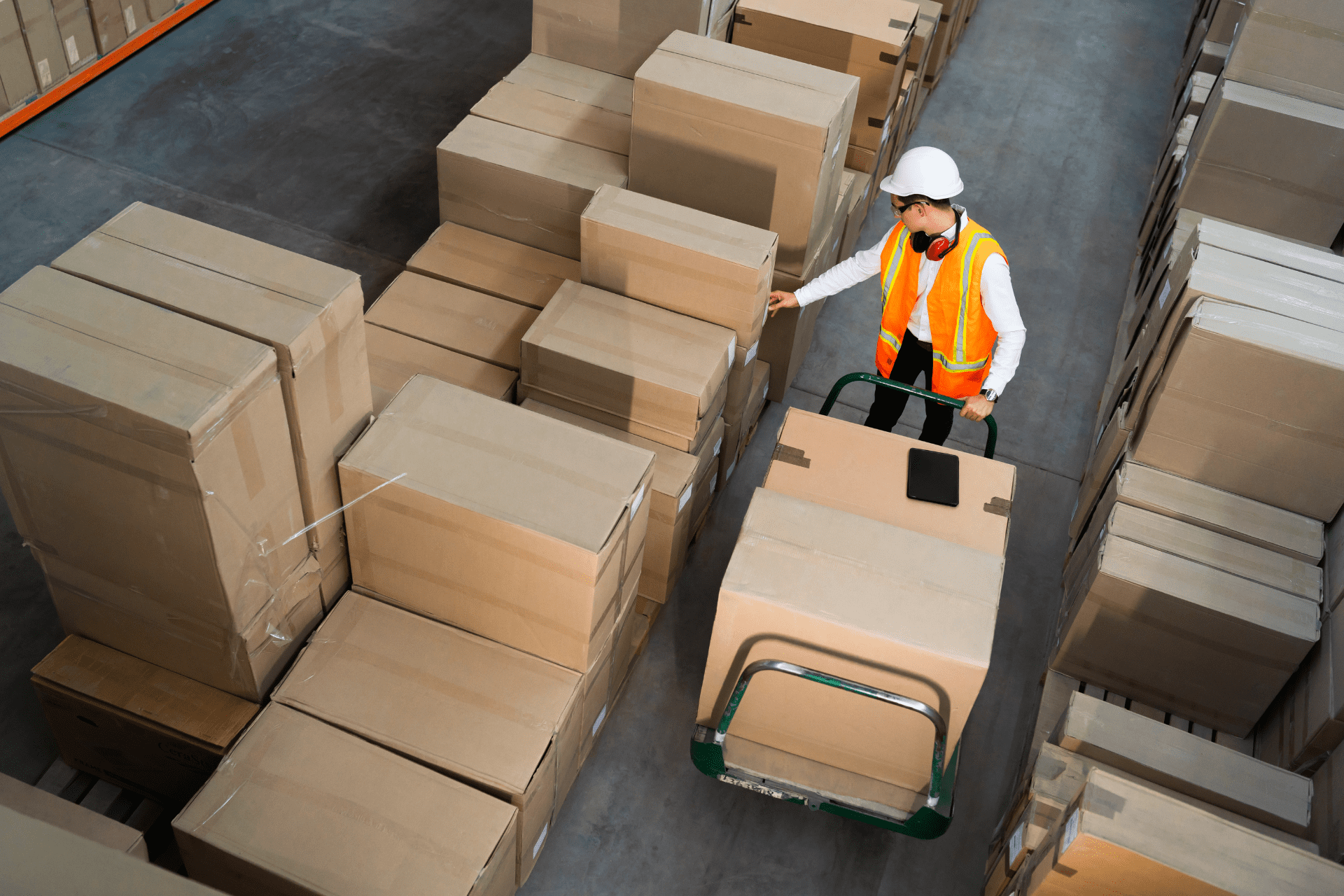By María José Gamba
Nearshoring, Technology, and Global Trade
Mexico has entered a new chapter in global trade. With the rise of nearshoring, the growth of e-commerce, and massive investments in digital infrastructure, the country has become one of the most attractive logistics hubs in the world. Companies no longer see Mexico only as a low-cost manufacturing location. Instead, they recognize it as a strategic partner for innovation, resilience, and international competitiveness.
Nearshoring: A Driving Force for Logistics
Nearshoring has changed the way global companies manage their supply chains. Instead of relying heavily on Asia, many manufacturers and technology firms now move operations closer to North America. Mexico has gained a unique advantage because of its proximity to the United States, its network of free trade agreements, and its skilled workforce.
As a result, demand for industrial parks, warehouses, and distribution centers has increased dramatically. Mexican cities such as Monterrey, Guadalajara, and Querétaro are now magnets for foreign investment. Global corporations in the automotive, electronics, and aerospace industries continue to establish operations in these regions, which also strengthens local logistics ecosystems.
Technology as the Core of Modern Supply Chains
Logistics today depends on digital solutions more than ever. Mexico has embraced this trend by investing in automation, smart transportation systems, and real-time data platforms. For example, cloud technology and AI-driven analytics allow companies to monitor shipments, optimize routes, and predict delays before they happen.
In addition, the Mexican government and private investors are working together to modernize customs systems, ports, and railways. This modernization reduces waiting times and creates smoother trade flows. Therefore, Mexico not only increases efficiency but also enhances transparency in supply chain management.
Infrastructure Projects Redefining Mexico’s Role
Major projects such as the Interoceanic Corridor of the Isthmus of Tehuantepec and the expansion of ports like Veracruz demonstrate Mexico’s determination to expand its global trade influence. The corridor, which connects the Pacific and Atlantic Oceans, aims to become an alternative route to the Panama Canal. This project will boost trade between Asia, North America, and Europe, giving Mexico an even stronger role in global commerce.
On the other hand, Mexico’s northern border also plays a critical role. Cross-border trade with the U.S. has reached historic levels. Every day, thousands of trucks, trains, and shipments pass through cities like Nuevo Laredo, Tijuana, and Matamoros. Infrastructure improvements at these crossings directly impact supply chain reliability.
E-commerce and the New Consumer Expectations
The rise of e-commerce has transformed logistics worldwide, and Mexico is no exception. Consumers expect fast deliveries, flexible return policies, and transparent tracking systems. Logistics providers now integrate technology such as warehouse automation, last-mile solutions, and electric delivery fleets to meet these demands.
For Mexican businesses, this trend creates both opportunities and challenges. On one side, they gain access to a growing digital marketplace. On the other, they must adapt quickly to global standards to stay competitive.
Mexico as a Strategic Hub for Global Companies
Mexico’s geographic position is not its only advantage. Its young population, strong industrial base, and expanding technology ecosystem provide long-term growth potential. Foreign companies that invest in Mexico benefit from reduced transportation costs, lower risks from geopolitical tensions, and closer collaboration with U.S. and Canadian partners under the USMCA agreement.
Therefore, Mexico has the chance to position itself not just as a manufacturing base but as a leader in smart logistics. The combination of physical infrastructure and digital innovation will allow the country to provide reliable, secure, and sustainable supply chain solutions.
A Future Shaped by Innovation and Collaboration
Looking ahead, Mexico must continue to innovate in logistics and trade. Training a skilled workforce, investing in cybersecurity, and adopting green technologies will be crucial. Collaboration between the public sector, private companies, and academic institutions can accelerate progress and ensure that Mexico remains at the center of global commerce.
Companies that adapt early will gain the strongest advantages. They will not only improve efficiency but also contribute to sustainable economic growth in Mexico and beyond.

